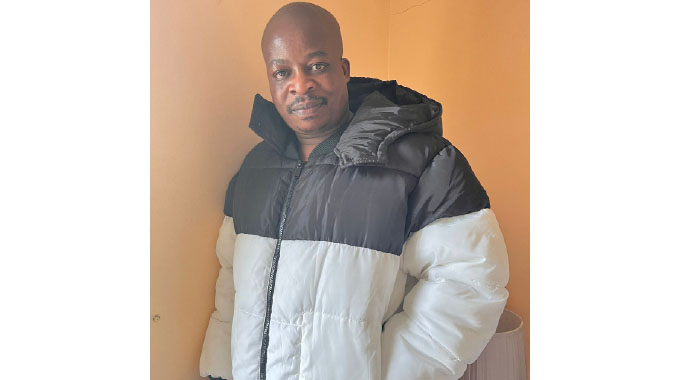Why SA lost rugby bid
CAPE TOWN. — As with so many things in life, they say money talks in the determination of major sporting events … did South Africa’s quest for Rugby World Cup 2023 fail primarily because of an anticipated revenue inferiority of R1,2 billion? It has been reported in the British media, since Wednesday’s shock revelation in London that France had pipped South Africa at the post to the tournament despite the latter country’s “preferred candidate” status technically, that the French would have substantially eclipsed South Africa for projected profitability.
According to the Daily Telegraph, France, who hosted a prior World Cup as recently as 2007 – which seems to tell a tale in itself – would have expected “record high revenue that would have been almost R1,2bn more than South Africa would have been able to produce”. Without putting a total figure on it, the newspaper also said France anticipated raising “R2,2bn more than RWC 2015 (in England)”. But here’s the clue to that sum: speaking toward the finish of the 2015 tournament, World Rugby’s Australian-born chief executive Brett Gosper – he has been in the role since 2012 – had been quoted as saying “there would be some R2.8bn accruing from the event to reinvest in the sport worldwide”.
Gosper also confirmed then that RWC 2015 had been “the most commercially successful World Cup to date” with value up by as much as 50 percent on 2011 (in New Zealand). It seems increasingly that France’s superior, projected figures on the calculator to plucky South Africa’s, for RWC 2023, ultimately ruled the roost in the hosting pick. Meanwhile, New Zealand Rugby boss Steve Tew yesterday defended a shock decision to stage the 2023 Rugby World Cup in France, but conceded it looked “odd” that his favoured candidate South Africa missed out.
Tew confirmed the New Zealanders voted for South Africa in both rounds of the bid process, in line with recommendations from an independent report commissioned by the sport’s governing body World Rugby. But France was awarded the hosting rights after garnering the most votes in both rounds, over rival bids from South Africa and Ireland. Tew said he was “not entirely surprised” the report was ultimately ignored and said the decision of the World Rugby Council was “democracy in action”.
“In the end, we live in a democracy and democracies do funny things sometimes,” he told Radio New Zealand from London, where the decision was announced. In this case it’s produced a result that people weren’t expecting.” Tew said the selection process had generated three outstanding bids, any of which could have won. However, he admitted the fact that World Rugby went against its own report’s recommendations would raise eyebrows.
“I guess it does look odd and people can speculate around that as much as they want,” he told Radio Sport. He said France and Ireland had every right to challenge the report’s findings and lobby World Rugby Council members for support. He believed France would host an outstanding tournament in 2023.
“It’s country full of history and class, the food and the wine, it’s just outstanding,” he said.
“But we’d have equally enjoyed going to South Africa… we particularly feel for South Africa who probably thought they had it won a couple of weeks ago.” — Sport24










Comments